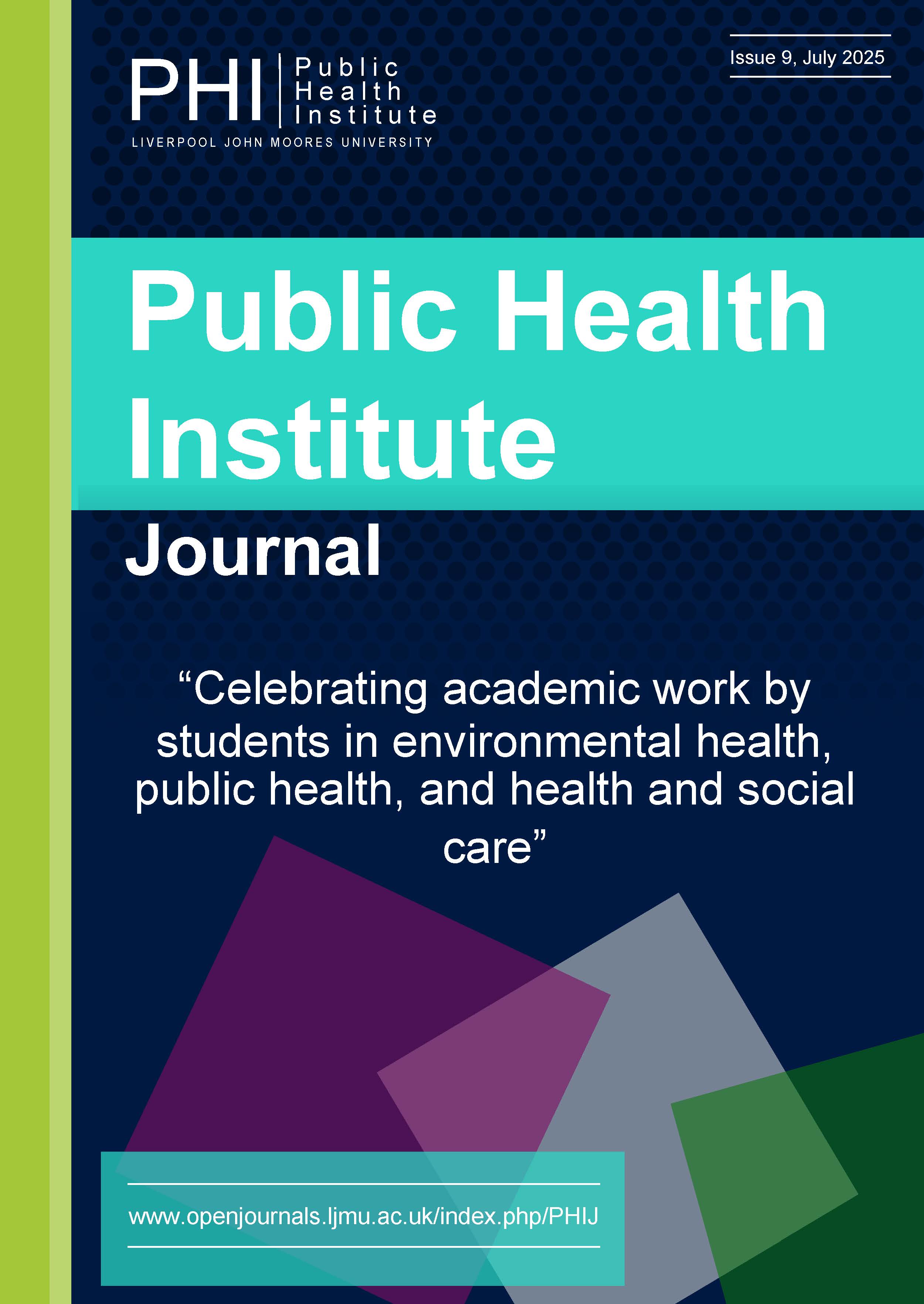A survey study exploring mental health stigma and service utilisation amongst young adults in the UK
Commendation for Significant Achievement
Keywords:
Mental Health, Stigma, Help-seeking Behaviours, Internalised Stigma, Public Stigma, Barriers, Young Adults, United Kingdom, Young PeopleAbstract
Mental health stigma remains a significant barrier preventing young people from accessing the support and services they need. Although public awareness and understanding of mental health have improved in recent years, stigma continues to be a critical issue, particularly among individuals aged 18 to 30. This study aimed to explore the experiences and attitudes of young people toward mental health stigma and examine how these perceptions influence their willingness to seek professional support. A quantitative research design was employed, using an online questionnaire to collect data. The survey was distributed via social media platforms and targeted individuals aged 18 to 30 living in the United Kingdom. Participants were recruited through self-selection and snowball sampling, resulting in 100 valid responses. Data were analysed using Microsoft Excel, with attention to key demographic variables, especially gender. Descriptive statistics were used to interpret the results, and findings are presented using bar graphs to highlight key trends. The results suggest that both perceived public stigma and internalised self-stigma continue to hinder service utilisation among young people. Many participants expressed concerns about being judged, misunderstood, or perceived as weak for seeking mental health support. These concerns were particularly evident among male respondents, who were more likely to associate help-seeking with shame and embarrassment. Despite these challenges, most participants acknowledged the importance of mental health services and expressed support for increased education, awareness, and more open dialogue around mental wellbeing.
Published
Issue
Section
License
Copyright (c) 2025 Jaime Thompson

This work is licensed under a Creative Commons Attribution 4.0 International License.
Authors retain copyright and grant the journal right of first publication with the work simultaneously licensed under a Creative Commons Attribution License that allows others to share the work with an acknowledgement of the work's authorship and initial publication in this journal.


